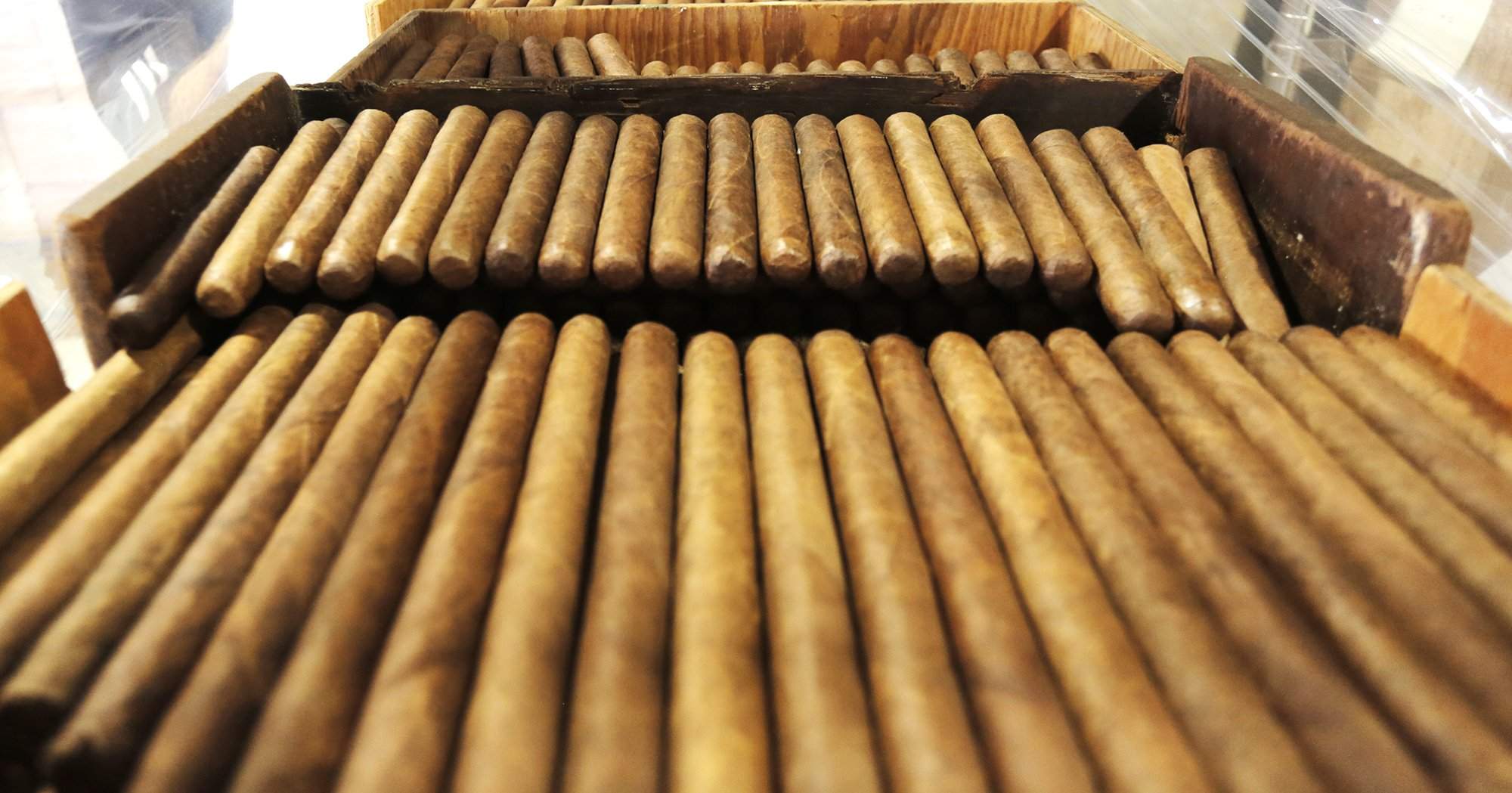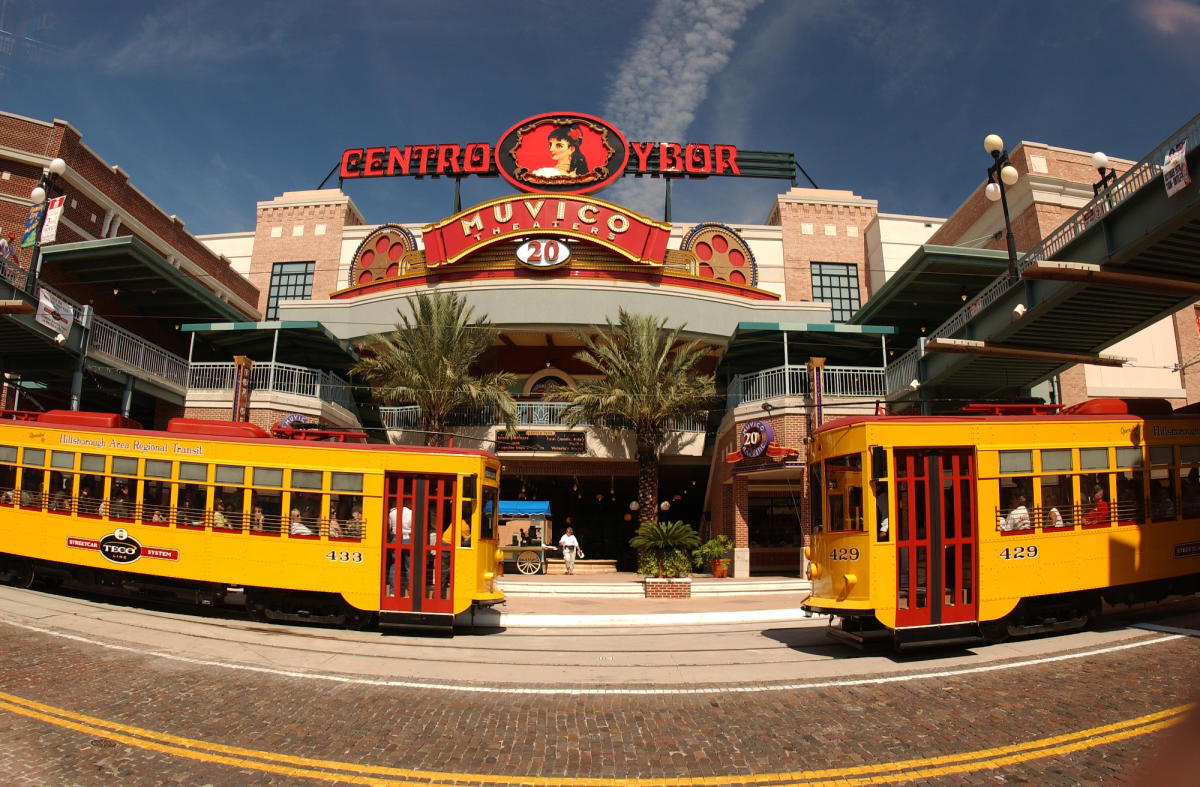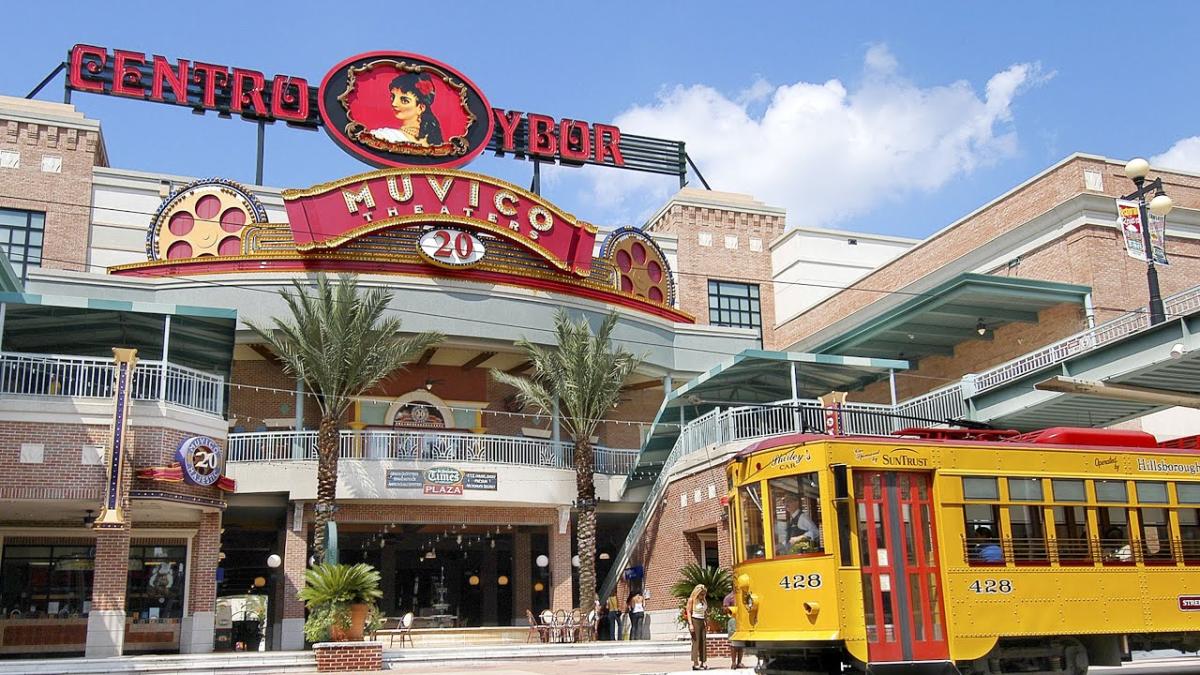The global Cigar market is undergoing a major transition. It is being redefined and re-designed as new consumer behavior and lifestyles change. It is crucial to adapt and keep up with trends to stay ahead of the curve. Keeping up with trends and changes is critical to managing change and uncertainty in the marketplace. Here are some things to consider when it comes to market trends:
Ybor City
The Ybor City cigar industry dates back to the early 1900s. The cigar industry flourished in the city’s port, close to Cuba. During that time, there were over two hundred factories producing half a billion hand-rolled cigars. Tampa cigar makers such as Findy Cigar Company also manufactured their products in Ybor City. During this period, Ybor City was also known as the “Cigar Capital of the World.”
While Ybor City’s cigar industry was centered on Latin culture, it was not a strictly Latin neighborhood. German, Jewish, and Chinese immigrants settled in the neighborhood. Each ethnic group had a significant impact on the community, whether it was cigar making, art, or entertainment. The Cubans helped shape cigars and cigar box art, while Germans helped develop the Cuban sandwich. In addition to preserving their history, Ybor City is a cultural hotspot.
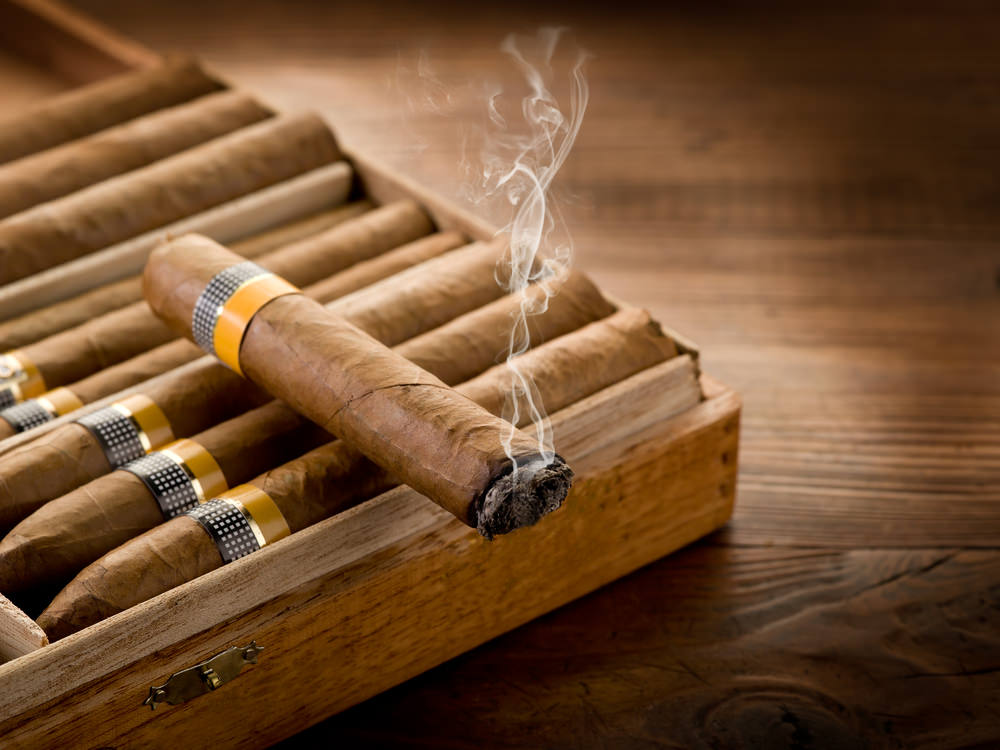
General Cigar Company
The General Cigar Company, one of the largest premium cigar companies in the U.S., recently raised the prices of many of its cigars. According to a spokesperson, MSRPs have increased an average of 5 percent. The company also began developing real estate in the 1970s, converting parts of its 6,300-acre holdings into warehouses and industrial sites. While this increase in price is not unprecedented, it is not the only change to the industry in the last 45 years.
The company began making Macanudo cigars in 1971, after purchasing the Temple Hall cigar producing facility in Jamaica. The wrapper of these cigars is made from a specially developed seed of tobacco. In the late 1970s, the company purchased the rights to manufacture Partagas cigars in the U.S. from the Cifuentes family, which had been making them in Cuba until Castro took power.
Habanos S.A.
In February, Cuba’s company, Habanos S.A., cancelled its upcoming Festival del Habano. The event, scheduled to take place in the capital at the end of February 2022, was cancelled due to a health crisis. It is not clear exactly why this was the case, but it is believed that the company’s current recovery has something to do with the cancellation. The company has no immediate explanation, but we can speculate based on the financial results and the company’s recent announcement.
While the company does not have a direct relationship with the Cuban government, it is still closely linked to the country’s economy. Its brands include Cohiba, Montecristo, and Romeo y Julieta. The company has a network of exclusive distributors in 150 countries, and the firm’s president has a wealth of experience in protecting trademarks. Habanos S.A.’s corporate culture is based on tradition, and the company is proud to celebrate its ancestry by recognizing its ancestors.
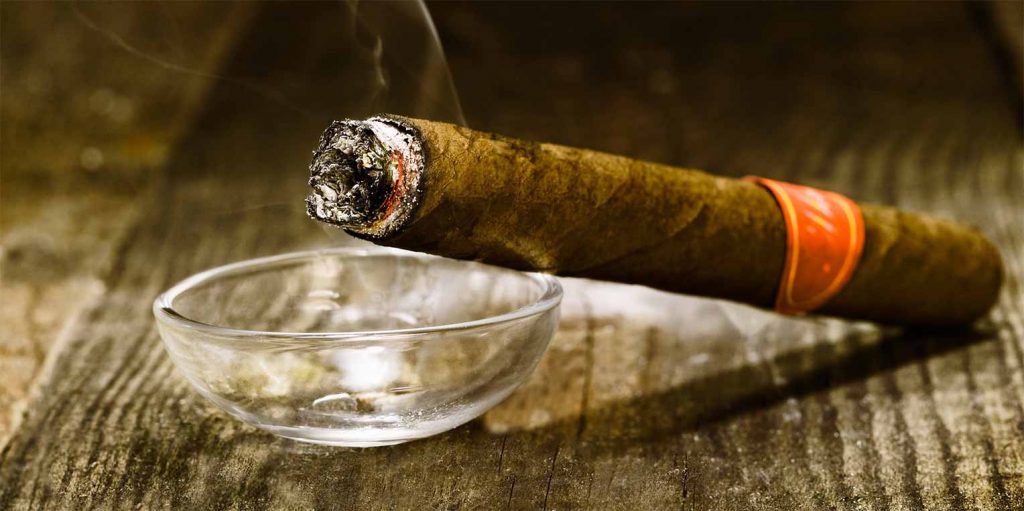
Altadis
The Spanish and French multinational tobacco company Altadis is one of the largest producers of cigars in the world. Formed in 1999 through the merger of Tabacalera and SEITA, Altadis was the world’s largest cigar producer. In addition, Altadis owned half of the Cuban state tobacco monopoly, Habanos S.A., and the former Consolidated Cigar Holdings. In 2008, Altadis was purchased by British tobacco giant Imperial Tobacco.
The companies disagree on whether Altadis, S.A., should have an independent marketing and strategic plan. According to Altadis, S.A., the company has insufficient ties to Florida to satisfy the due process clause and the jurisdictional requirement. However, they are unable to deny that their respective companies have overlapping duties with Altadis, S.A., in the U.S.
